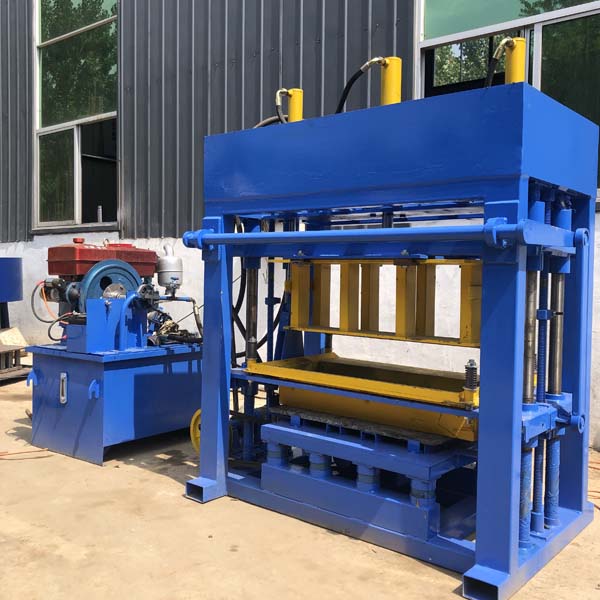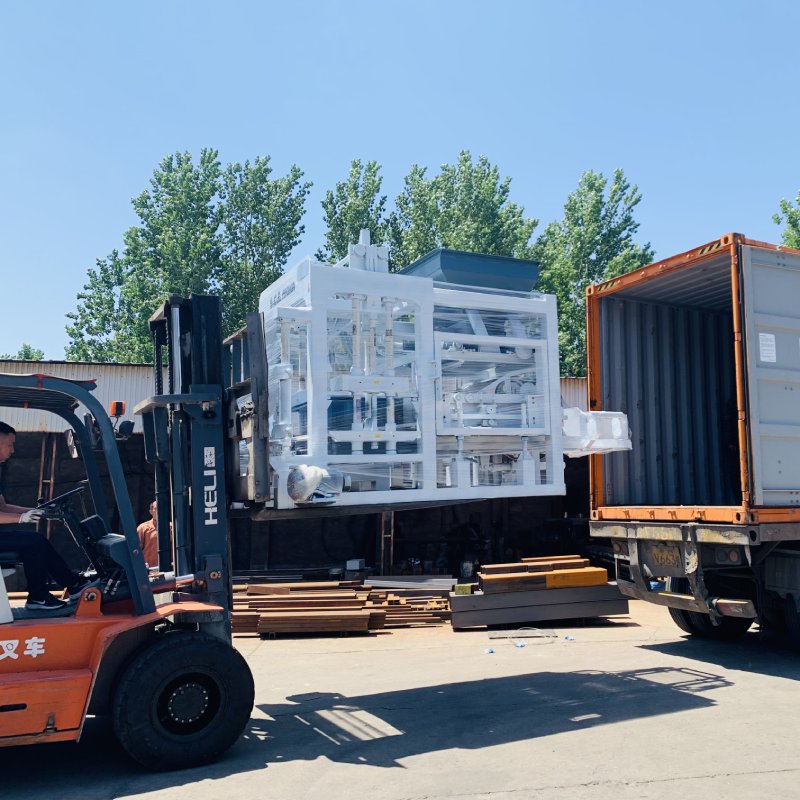
In the modern era of industrialization and urbanization, the construction industry plays a pivotal role in the economic development of nations. The United States, being a global leader in various industries, including construction, has a significant demand for bricks as a fundamental building material. However, the traditional methods of brick production often come with a heavy environmental cost, which is not sustainable in the long run. Fortunately, the emergence of environmentally friendly brick making machines offers a viable solution to this challenge, not only reducing production costs but also enhancing efficiency.
The Role of Environmentally Friendly Brick Making Machines in Reducing Production Costs and Improving Efficiency
Firstly, let’s delve into the issue of production costs. Traditional brick making processes often rely on the extraction of raw materials such as clay and shale, which involves extensive mining operations. These operations not only deplete natural resources but also require significant energy inputs for extraction, transportation, and processing. Additionally, the waste generated during the production process, such as discarded bricks and dust, often require further handling and disposal, adding to the overall cost.
On the other hand, environmentally friendly brick making machines employ innovative technologies that significantly reduce these costs. These machines utilize waste materials like fly ash, concrete debris, and industrial waste as raw materials, diverting them from landfills and turning them into useful building blocks. This not only reduces the dependency on virgin materials but also cuts down on the costs associated with waste disposal. Furthermore, these machines often integrate energy-saving features such as efficient motors and insulation, minimizing energy consumption during the production process.
Moreover, the efficiency of brick production is greatly enhanced with the use of environmentally friendly brick making machines. Traditional methods often involve manual labor and can be quite labor-intensive, leading to slower production rates and higher labor costs. In contrast, modern brick making machines automate the production process, reducing the need for manual labor and increasing output. This automation not only speeds up the production rate but also ensures greater consistency in the quality of bricks produced.
Additionally, environmentally friendly brick making machines often come with advanced control systems that allow precise monitoring and adjustment of production parameters. This ensures that the machines operate at optimal conditions, further enhancing efficiency. The ability to fine-tune the production process also reduces the occurrence of defects and waste, leading to higher overall quality and cost-effectiveness.
The implementation of environmentally friendly brick making machines in the United States has already begun to show promising results. Many construction companies and brick manufacturers have adopted these machines, experiencing significant reductions in production costs and improvements in efficiency. This, in turn, has translated into increased profits and competitiveness for these businesses.
Moreover, the environmental benefits of these machines are also gaining recognition. By reducing the demand for virgin materials and waste disposal, they contribute to the preservation of natural resources and the protection of the environment. This aligns with the growing awareness and demand for sustainable construction practices in the United States and worldwide.
However, it is worth noting that the widespread adoption of environmentally friendly brick making machines still faces some challenges. Initial investment costs can be higher compared to traditional equipment, and there may be a learning curve for operators to become familiar with the new technology. Nevertheless, with the increasing availability of these machines and the growing demand for sustainable construction materials, these challenges are expected to diminish over time.
In conclusion, environmentally friendly brick making machines play a crucial role in reducing production costs and improving efficiency in the construction industry. By utilizing waste materials, minimizing energy consumption, and automating the production process, these machines offer a sustainable and cost-effective solution for brick production. As the demand for sustainable construction practices continues to grow, it is expected that these machines will become increasingly popular and widespread in the United States and beyond.

